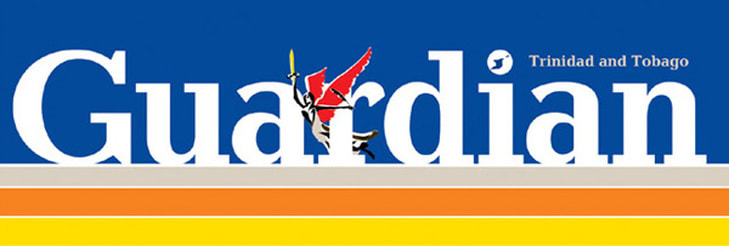What do Donald Trump, Theresa May, and Keith Rowley all have in common aside from being national leaders? Yes, they all suggest leadership is equivalent to knowing better than everyone else. For Trump its MAGA, for May its Brexit, and for Rowley its Sandals.
All refuse the transparency demanded by their electorates to make public their plans. And the consequences of this lack of transparency will be three electorates left to live and deal with the socio-cultural fall out, and possible economic disasters, long after these leaders are safely retired and protected from the complications of their decision-making.
Further to this dodgy two-some with which to be associated our PM has called those who do not support his Sandals vision “unpatriotic”. In such light do we assume his liming and personal relations with Butch and other elites is actually the pinnacle of patriotism? Yet any sociologist out there must question the PMs words when it comes to Sandals.
This is because the PM does not understand the sociological imagination nor recognise the consequences of his decision-making in the matter. It also begs the question why doesn’t he speak and listen to sociologists as much as he does economists?
As with other governments before him the PM suggests tourism as the saviour of our diversification plan but does not recognise that while socio-economic benefits may come, but are not guaranteed, one thing that is guaranteed by pursuing this limited diversification model is socio-cultural damage to the nation such as the continued long-term socio-cultural alienation of youth in Tobago from local culture.
Let me explain what Caribbean sociologists have documented happens socio-culturally to a society and an island like Tobago when tourism is its only industry. While tourism may have socio-economic benefits to a nation such as increases in new employment and the potential to stem migration patterns amongst the unemployed, tourism also has socio-cultural impacts too. For example the new jobs provided are usually a limited-range of seasonal and low paid, service-orientated ones. These service jobs bring to the surface the socio-cultural differences between tourists and hosts.
In societies with histories of enslavement and colonialism this usually sets up a situation of a tourist population – especially in Tobago with its local population that is predominantly of Afro descent – where white economic power comes to be served by a black and brown labour force. This of course whether explicitly, or implicitly in the minds of locals, solidifies the cultural legacies of white superiority and black servitude.
Furthermore, the economic gains associated with tourism often encourage a dependency model rather than a social development one. This too has socio-cultural consequences for youth. Instead of developing a labour force to be creative, entrepreneurial and disciplined, tourism creates one that finds little pride in servitude.
Nor does tourism promote local cultural resilience. Instead foreign ideas about what’s best come to dominate and this dilutes local culture. It also suggests when the young people of such islands are older and in charge of national development they will know little more than the servitude model.
The legacies of these differences can be seen in the current tourism product found in Tobago and the consistent lack of quality customer service found on the sister isle. It can also be seen in the increase in North American and European consumption patterns amongst locals as a result of tourists’ consumption preferences. Another consequence of the tourism model as a 2010 study by the Oxford Economic Organisation states is that 80 cents of every dollar spent by tourists in the Caribbean leaks out of it.
Of course in spite of these disadvantages and many others like environmental harm, tourism does represent a marketplace for local cultural products. Yet in offering such a marketplace, if a government is not promoting the production of local cultural items and also the cultural resilience of low-income cultural producers, local culture is again diluted, and replaced by the dominance of foreign cultural ideas and products. These products are also generally commodified and sold by local elites in the society, who are the main economic beneficiaries of tourist ventures, rather than those less fortunate.
Furthermore, the PMs accusation of a lack of patriotism can be read as dog-whistle politics. Sociologically that means he is stirring the ethno-racist pot of local politics. The implication is, it is the opposition UNC who are against this so I need my PNMites to back me.
Yet how can partisan, ethno-racial politics be a model of sustainable national development? The realities of such ethno-racial politics is they encourage securing access to the resources of government every five years to share with your own ethnic and political supporters, rather than working on a long term national development plan. And as both parties are clearly equally guilty of this, it might be said neither is truly patriotic.
Dr Dylan Kerrigan is a sociologist at the University of the West Indies, St Augustine Campus
http://www.guardian.co.tt/columnist/2017-11-05/problems-sandals

 RSS Feed
RSS Feed